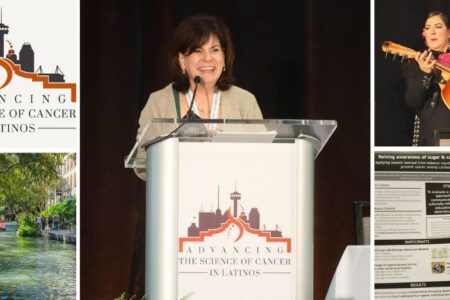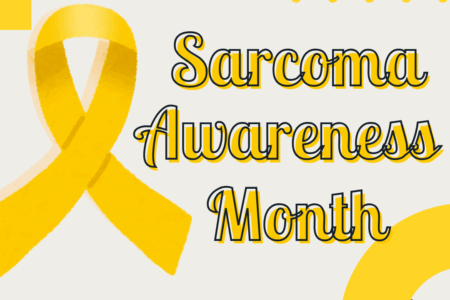Share On Social!
In 2012, Travis County (33.9% Latino) voters approved a proposition to raise property taxes to support health care initiatives in Central Texas, which included $35 million annually for the Dell Medical School.
Less than four years later, on June 26, 2016, the University of Texas at Austin Dell Medical School opened their doors to their first class of students.
Twenty-two percent of the first class identifies with racial or ethnic groups historically underrepresented in medicine, compared to the national average last year, which was 13 percent, according to one source.
“We simply cannot create the transformative changes we envision without a strong connection both to vulnerable communities and to clinical programs that provide health care access to those communities,” Dean Clay Johnston said.
The Dell Medical School will explore the roll academic medicine plays in fixing a costly, disjointed health care system, using groundbreaking curriculum developed in collaboration with more than 250 UT Austin faculty members, local physicians, and educators. Curriculum has the potential to set the tone for future healthcare providers and, ultimately, healthcare systems. For example, whether or not healthcare providers address, encourage, or prescribe physical activity could have a major impact on their patient’s health. Read about the urgency in fighting childhood obesity with physical activity here.
A patient’s decision to incorporate regular physical activity, like walking, into their daily lifestyle is one of the most important decisions they can make regarding their overall health. It’s also an important decision to reduce the economic burden of obesity-related disease.
Not only is it critical for city and state health care initiatives to focus on low-income populations, who tend to be uninsured or underinsured, but it is critical that underrepresented racial and ethnic groups, like Latinos, are included in the solution and development of these initiatives.
Explore More:
Healthy Families & SchoolsBy The Numbers
142
Percent
Expected rise in Latino cancer cases in coming years




